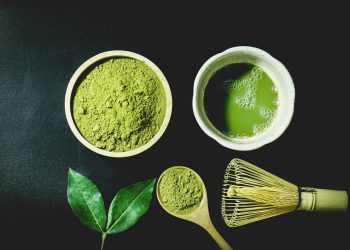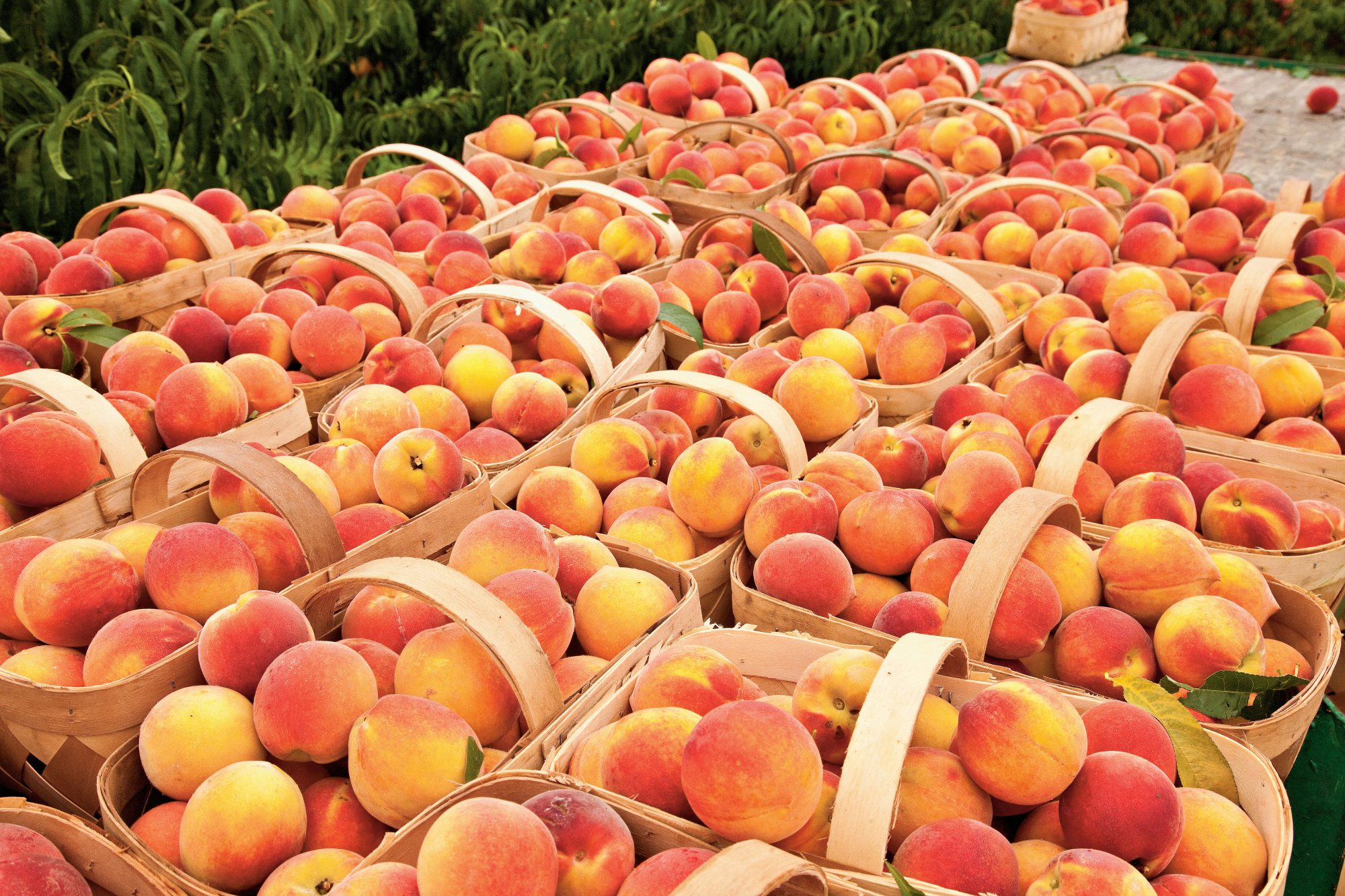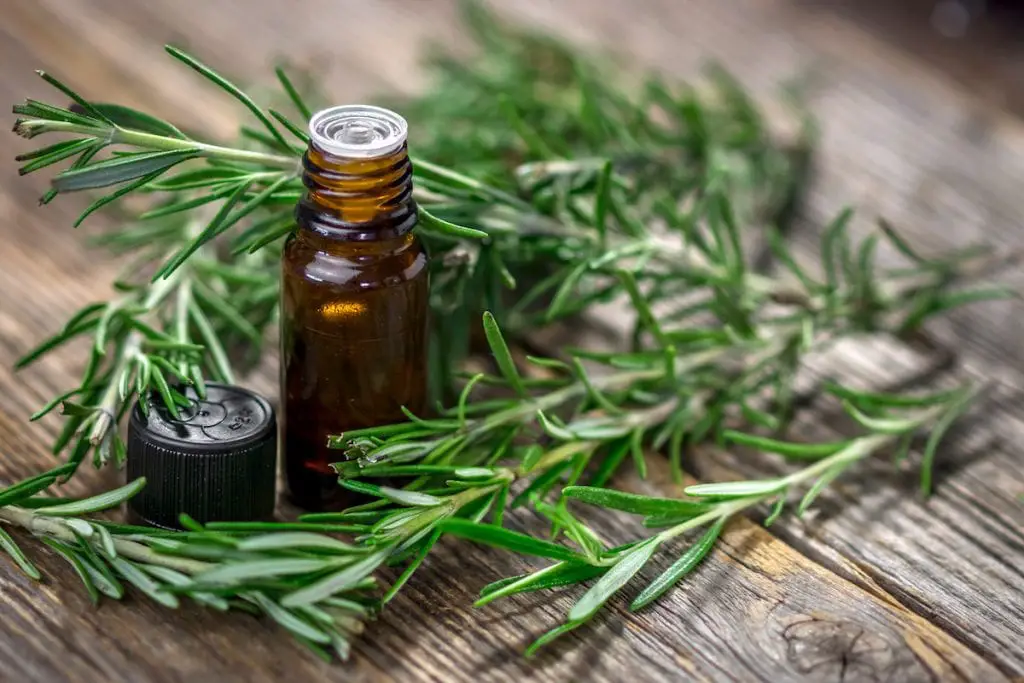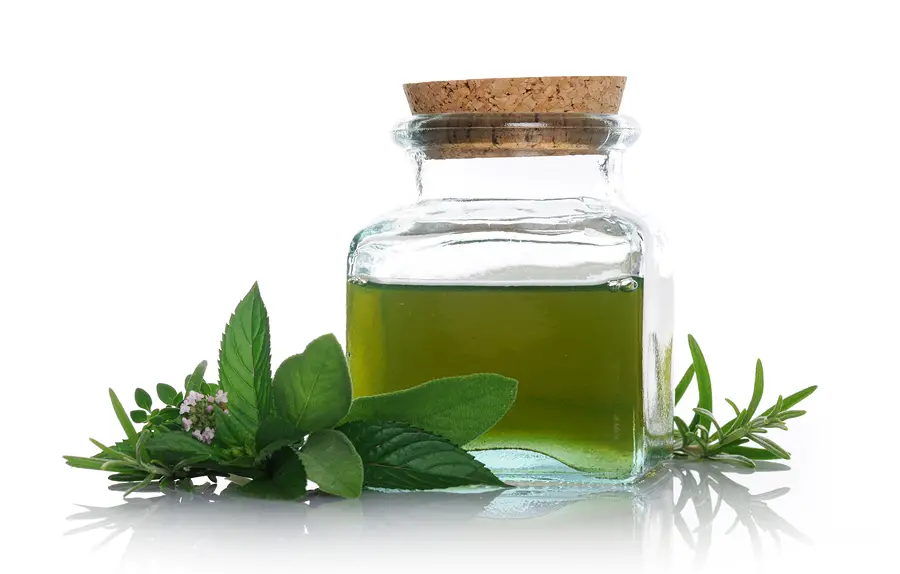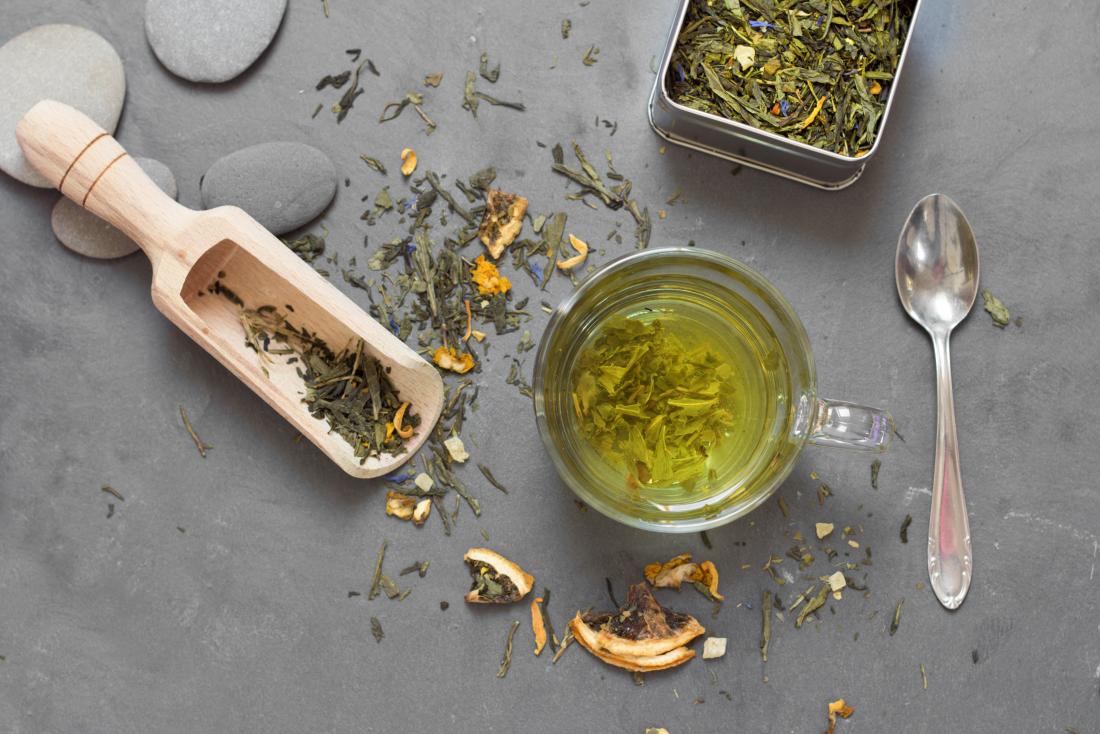Rose apples are bell-shaped fruits of the Syzygium Jambos plant. Some of the common names for rose apple are Malabar plum, Jambu, and Jambosier.
The fruit tree is native to Southeast Asia but is grows in sub-Saharan Africa and Central
America. The shrub or small tree grows about 40 feet and depending on the species yield rose apple fruits that vary in colors- rose, deep red, yellow, and green.
Rose apples are very juicy and contain about 96% water in them. The fruit may look similar to guava but has an altogether different flavor, taste, and aroma.
It has only one or two seeds in the central cavity, unlike guava. You can eat it raw or make desserts, salads, or cooked dishes out of it.
Since ancient times, different parts of the rose apple tree, its leaves, seeds, bark, flowers, and fruits have been traditional remedies in India.
In Chinese and South American medicinal practices, all parts of the rose apple tree are used for treating various ailments.
Traditionally rose apple trees and their extracts are home remedies for stomach problems, toothaches, sore eyes, rheumatism, liver diuretic, fever, asthma, bronchitis, herpes simplex 1 and 2, diabetes, epilepsy, and so on.
This article reviews the nutritional facts of rose apple juice and its therapeutic values in treating various illnesses, all supported by evidence.
Rose Apple Juice- Nutritional Facts and Therapeutic Values
Rose apple is a very nutritional fruit. It is a rich source of vitamins and essential minerals.
Jambu fruit contains Water, Protein, lipid (fat), carbohydrates, Calcium, Iron, Magnesium, Phosphorus, Potassium, Sodium, Zinc, Vitamin C, and numerous ascorbic acids.
The chemical constituents and nutrients of the fruit have promising antibacterial, anti-inflammatory, antipyretic (fever-reducing), anesthetic, antiviral, anti-epileptic, anti-rheumatic, and anti-diabetic qualities.
Health Benefits of Rose Apple Juice, Seeds, Bark, and Leaves
1. Rose Apple May Treat Acne.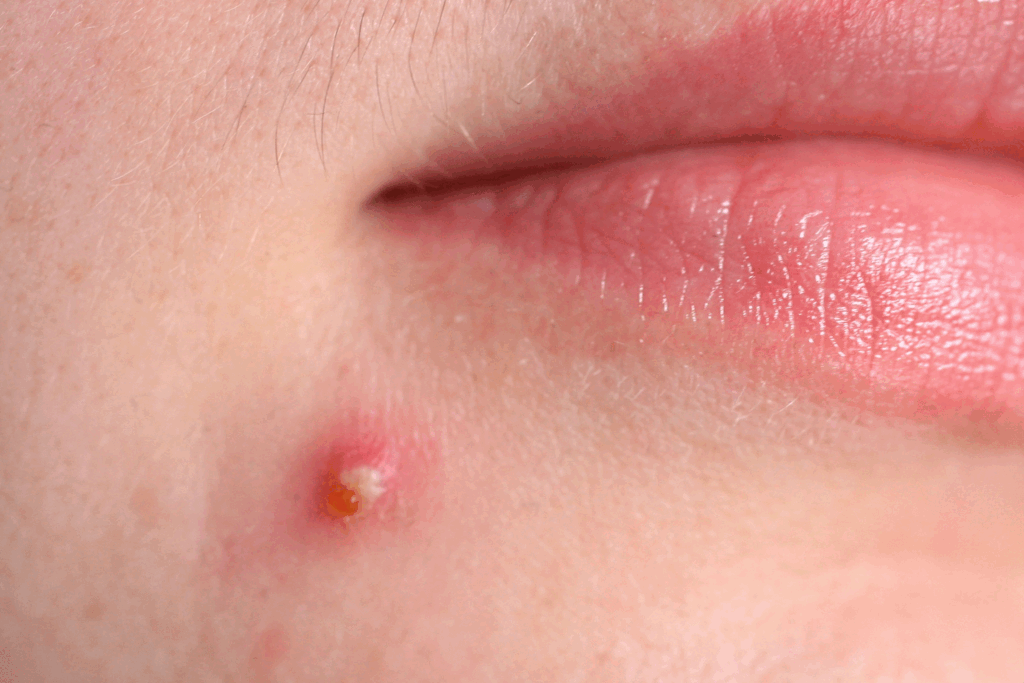
Acne vulgaris is a very common chronic skin disorder that causes inflammations and bacterial infections on the skin.
Recent scientific evidence suggests that rose apple extracts have powerful anti-bacterial, anti-inflammatory, and antioxidant activities in treating acne problems. A 2013 study in BMC Complementary and Alternative Medicine investigated the anti-acne effect of the ethanolic extracts of rose apple leaves namely squalene, ursolic acid, and anacardic acid. The minimum concentration of these compounds could inhibit acne bacteria (P. acnes) by 74 – 99%. The researchers concluded that rose apple may be an effective alternative treatment option
for acne.
READ ALSO: Aloe Vera Gel for Acne and Pimples: 12 Uses and DIY Aloe Mask
2. Rose Apple Has Antibacterial Activity.
Traditionally rose apple bark extract decoctions are used as antiseptic agents to treat various bacterial conditions.
Recent clinical science has investigated the antibacterial activity of the chemical compounds in rose apple leaves.
The researchers have tested the efficacy of rose apple chemical constituents on 14 microbial strains namely Escherichia coli, Staphylococcus aureus, Streptococcus pyogenes, etc.
Rose apple extracts could significantly inhibit the growth of 4 of the bacterial strains.
Researchers concluded that more studies are needed to establish the safety of using rose apple extracts in human bacterial diseases.
3. Rose Apple May Relieve Pain.
Rose apple leaf extracts have potent analgesic (pain-relieving) and Antinociceptive (inhibiting pain signals) qualities.
In a 2007 study in the Journal of Ethnopharmacology, rose apple leaf extracts could reduce deep muscle pain in rats. The therapeutic constituents in it can block the pain signals or injury stimulus in the brain and sensory neurons.
Rose apple extracts may be a potential complementary treatment for pain and inflammations in humans.
READ ALSO: 10 Benefits of Acupuncture: Sometimes a Little Pain Can be Good
4. Rose Apple Juice May Support Brain and the Liver.
In traditional Indian medicinal practice rose apple is eaten raw as a tonic for the brain. The water, iron, magnesium, and phosphorus contents in the fruit may improve your mental clarity, and performance, and boost your eyesight.
Rose apple juice is a natural diuretic. The nutritional fruit juice contains rich quality water. The hydrating fruit can support your liver health by letting out the toxins substances from the body through increased urination. [2]
5. Rose apple May Treat Herpes Simplex Virus Infections.
Herpes simplex virus (HSV) type-1 and type-2 cause painful viral infections in humans.
HSV-1 usually causes infectious spores in the lip, mouth, and face. Whereas HSV-2 is associated with sexually transmitted diseases- genital ulcers, sores, etc.
Researchers at the College of Public Health Sciences, Bangkok, investigated the three major chemical components hexane, dichloromethane and methanol of rose apple leaves.
In the study, all these constituents showed a 50-75% inhibition rate of the HSV-1 and HSV-2 virus strains.
Rose apple leaves extracts may be an effective remedy for herpes simplex symptoms.
READ ALSO: 15 Home Remedies to Get Rid of Herpes and How to Use Them
6. Other Health Benefits of Rose Apple
There is insufficient scientific evidence to support the beneficial effects of rose apple fruits and their other extracts in controlling diabetes, treating epilepsy, cancer, digestive problems, and heart diseases.
How to Make Rose Apple Juice
It’s easy to prepare nutritious and therapeutic rose apple juice at home.
You’ll need:
- 10 rose apple
- 1 tablespoon of lemon juice
- 1-2 teaspoons of sugar (optional)
- Water as per requirement
How to prepare:
- In a juicer blend all the ingredients until it’s smooth.
- Now strain the rose apple juice and cill it in the refrigerator for some time.
Using Rose Apple Leaves- Words of Cautions
Some species of rose apple fruit, seeds, leaves, and bark extracts may contain an excessive amount of toxic substances such as cyanide. You should always buy the best quality and trusted rose apple produce from the market.
Before topical application of rose leaves extracts or internal consumption of the seeds consult an expert or health professional.
Bottom Line
Rose apple or jambu is a tropical fruit with immense nutritional and therapeutic value. All parts of the rose apple plant have potent medicinal uses in different traditional folk remedies.
Modern clinical science has investigated the major chemical constituents of rose apple fruit, leaves, and its seeds and discovered promising therapeutic values for humans. Rose apple may be an effective remedy for liver health, brain function, acne, skin inflammations, pain, and HSV-1 and 2 viral diseases.


